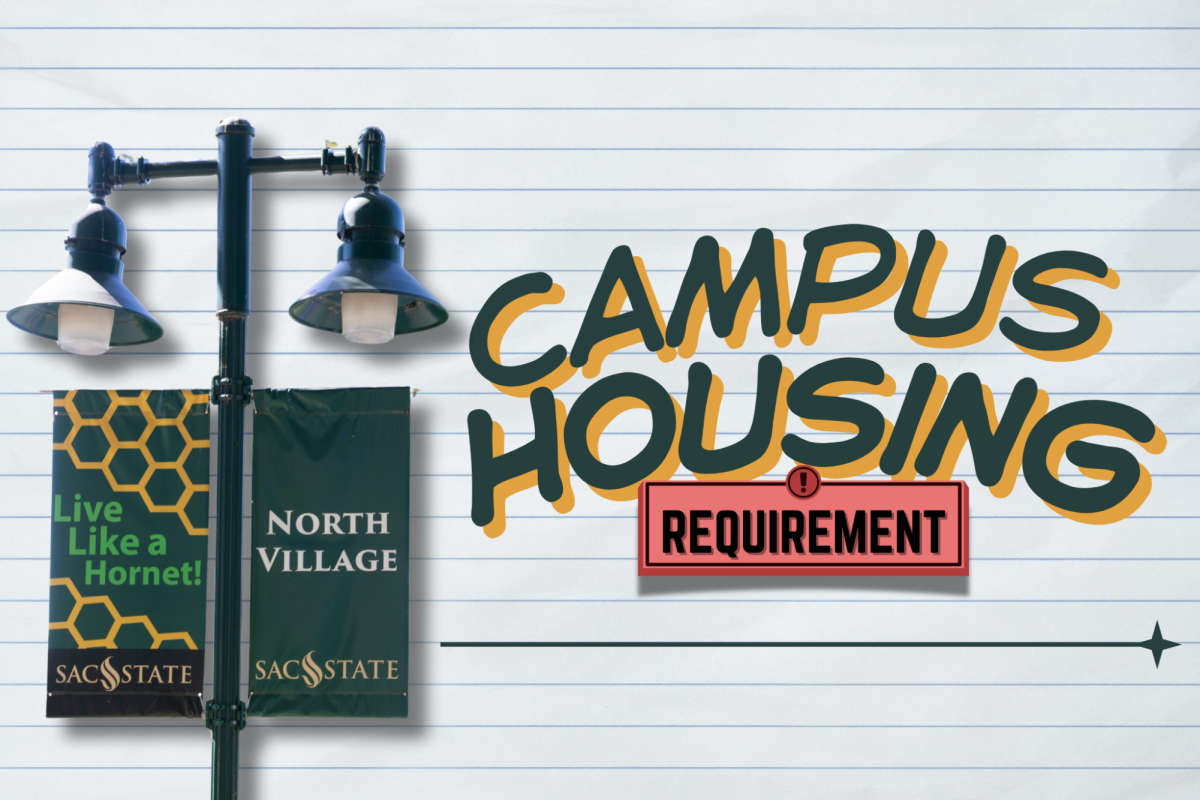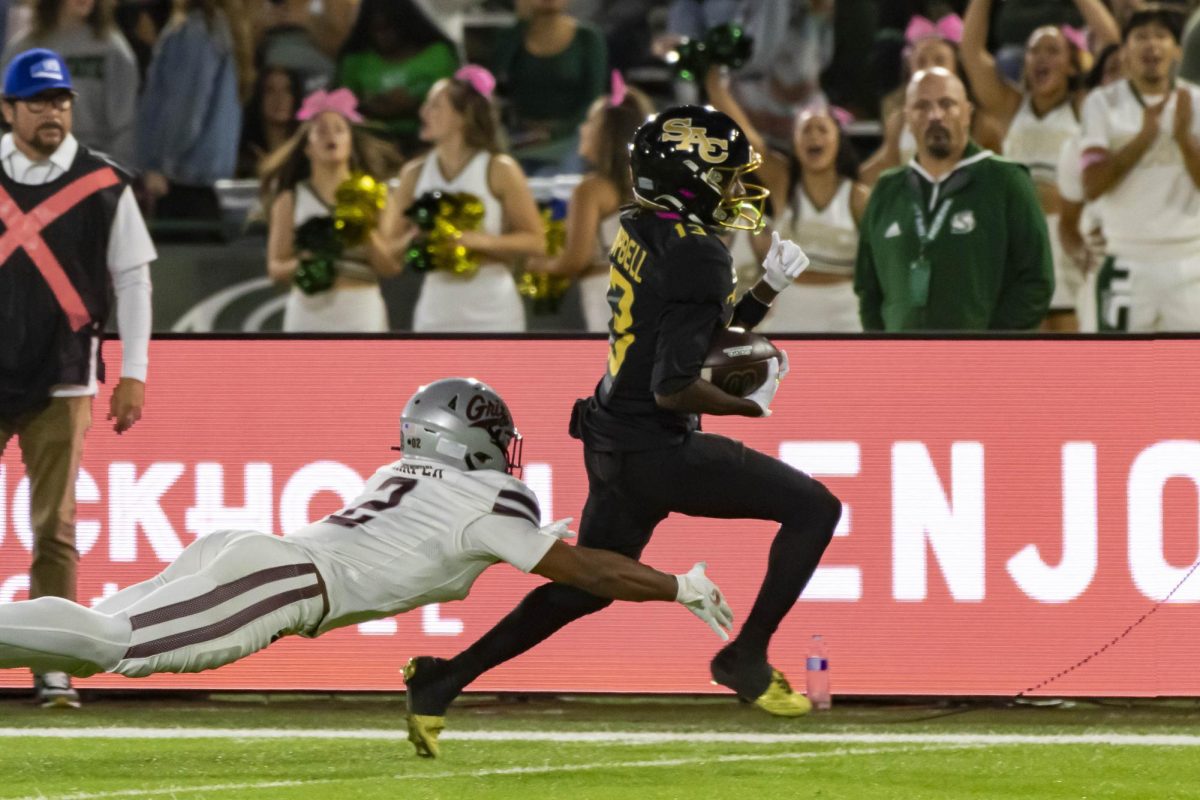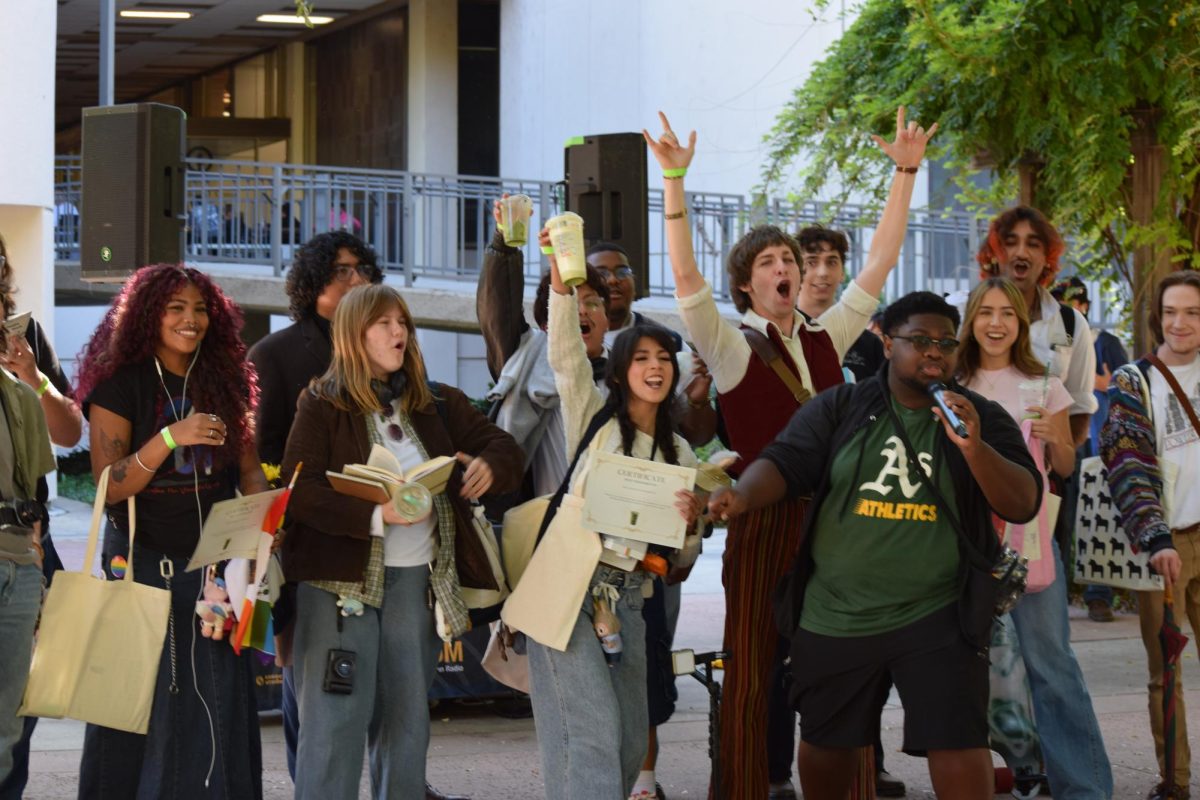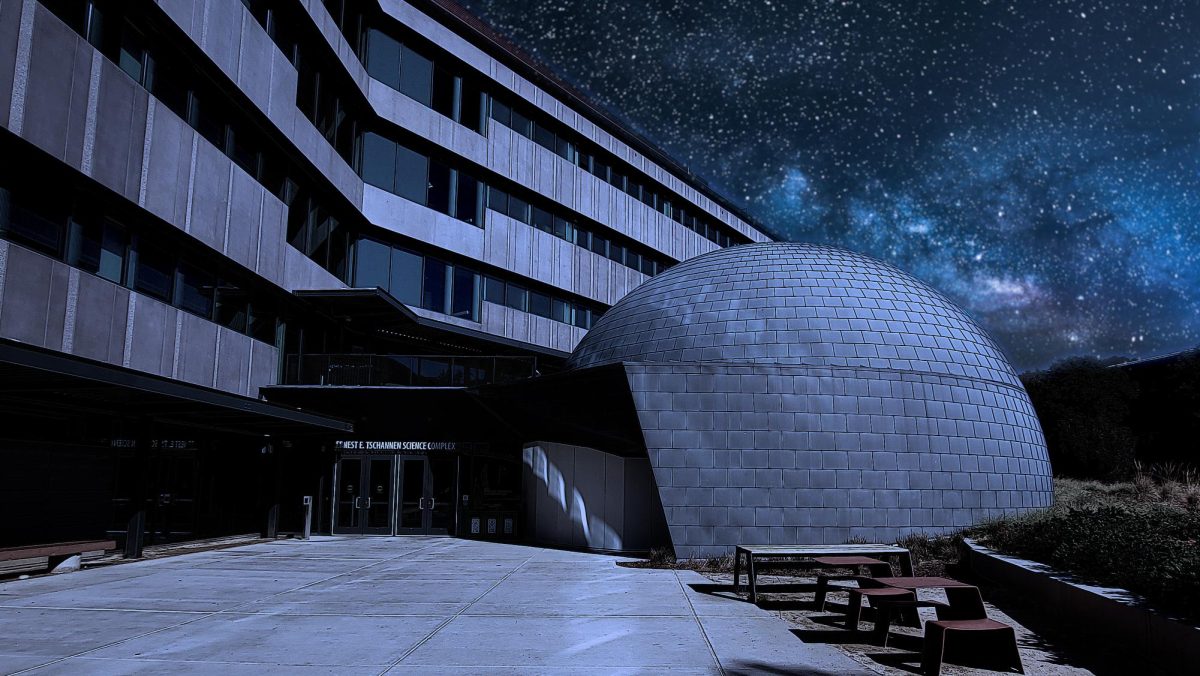Faculty Senate nominates officers for next school year
April 27, 2016
The Sacramento State Faculty Senate held two sequential meetings on Thursday, April 21 in the University Union Foothill Suite.
The first of the two meetings focused on nominating Senate officers for the 2016-17 Faculty Senate, while the second meeting proceeded like prior meetings and focused on previously mentioned policies such as the Graduate Learning Goals and Objectives policy and the Timely Declaration of Major policy. The Senate also discussed getting rid of the Pre-Major and Expressed Interest Definition policy.
The Senate nominated the following as officers for the 2016-17 academic year: Jeff Dym, history; Randy Solorio, athletics; Hellen Lee, English; Julian Heather, English; Christopher Taylor, physics and astronomy; Andrew Hertzoff, government; and Anthony Sheppard from recreation, parks, and tourism administration.
“Come back next week at 3 p.m. sharp to vote,” said Senate chair Sylvester “Jim” Bowie.
Senators Heather and Escobar revisited the Graduate Learning Goals and Objectives and the Timely Declaration of Major policies, respectively. Amendments to Heather’s Graduate Learning Goals and Objectives policy were unanimously voted upon, while Escobar’s Timely Declaration of Major policy was tabled.
The discussion Pre-Major and Expressed Interest Definition policy created some gridlock with the Senate due to the fact that implementation of the policy could potentially create pre-majors for every major at Sacramento State.
“If this is approved, then our department is going to a pre-major,” Linda Roberts, a professor of biochemistry, said. “Because that’s what will benefit students… is that the right solution? That every program on campus has a pre-major? I question that, because we’re all about access, and the whole idea of a pre-major really bothers me. I don’t like that.”
Faculty Senate designee and librarian Reza Peigahi also took issue with the Pre-Major and Expressed Interest Definition Policy.
“[I am] concerned about the institutionalization of pre-majors,” Peigahi said. “I don’t think that having pre-majors across the institution benefits our students. What it does is it begins to bottleneck courses more and more and slow down [students’] time to graduation.”
The session concluded when time ran out and a consensus was not reached.






























































































































